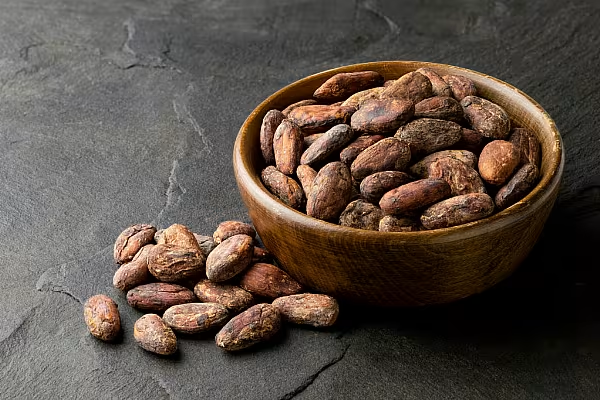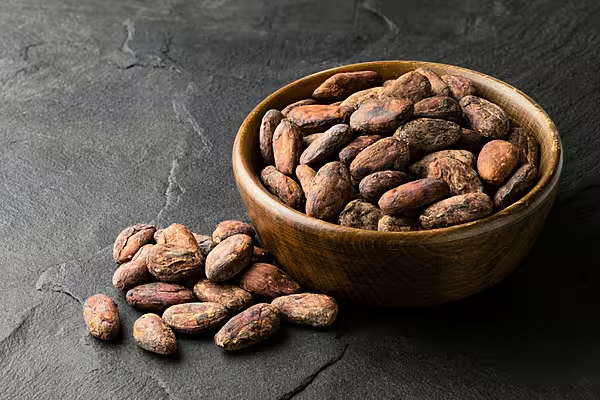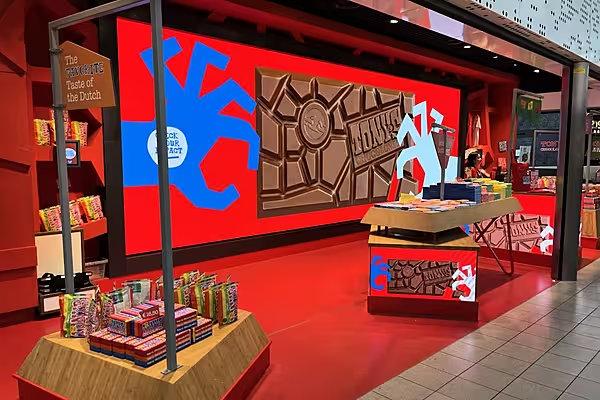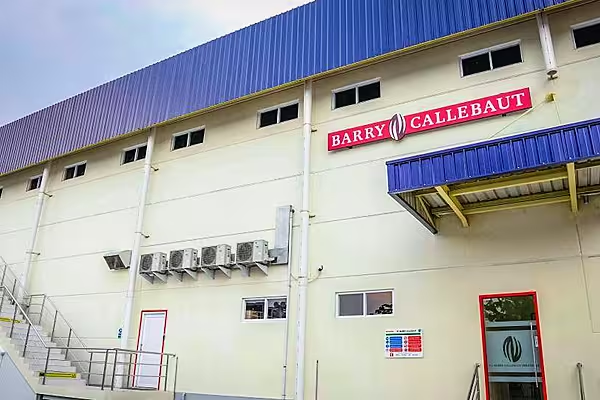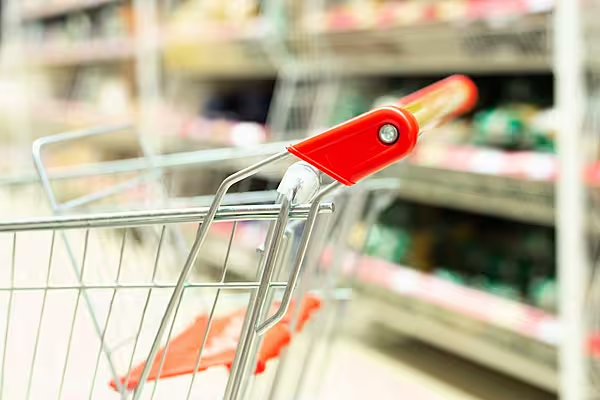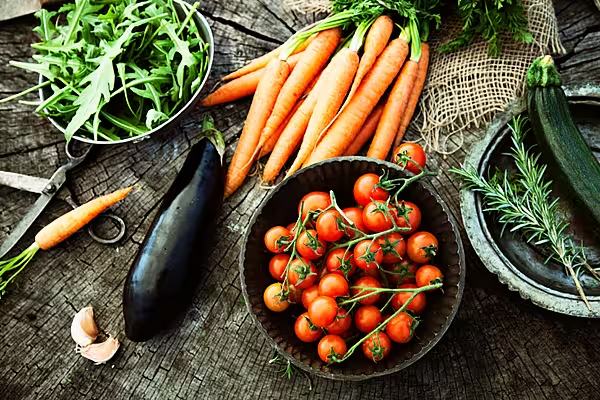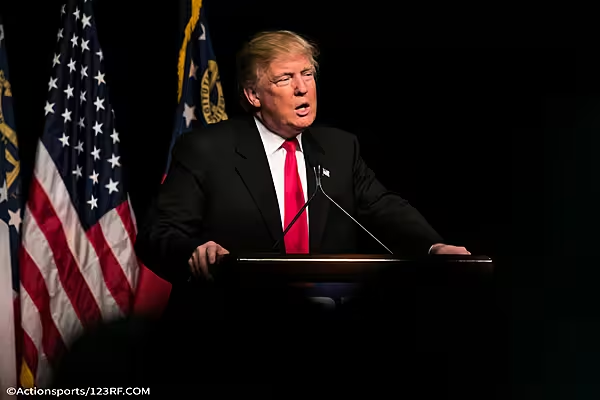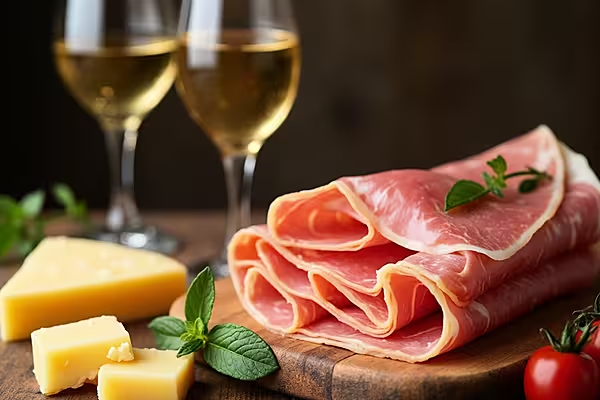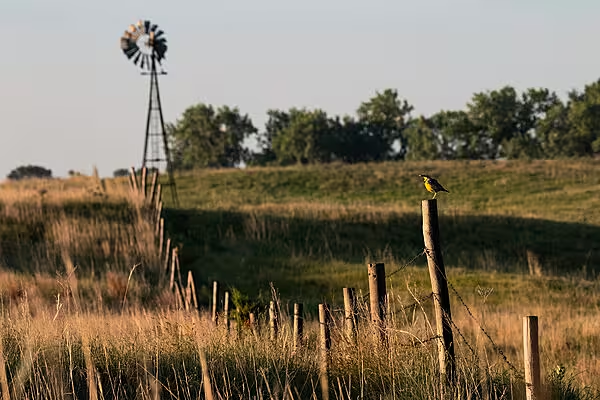Ivory Coast cocoa producers have called on the sector's regulator to overhaul its pricing scale, warning that it is preventing them from benefiting from record high prices for the chocolate ingredient.
Cocoa prices LCCc2 have nearly tripled over the past year as bean disease and adverse weather pushed the global market to a third successive deficit, but the official 'farmgate' price that poverty stricken growers can charge for their beans in top producer Ivory Coast has yet to reflect this.
Moreover, cocoa regulator the Coffee and Cocoa Council (CCC) has warned exporters against paying above the mandated price for beans delivered to their port facilities, threatening them with fines and the loss of their licenses.
Cocoa Pricing System
In response, Ivorian farmers and non-profit organisations that represent them called on the CCC to open a discussion on overhauling its price setting mechanism to allow farmers to benefit from the higher world prices.
'In several countries, cocoa producers benefit directly from world market prices. It is difficult to understand why (Ivorian) cocoa producers are not benefiting,' said the Ivorian Platform for Sustainable Cocoa (PICD).
It said the CCC's current price setting mechanism, which includes setting farmgate prices twice a year, "clearly has weaknesses".
The official farmgate price is 1,000 CFA/kg and while most farmers in Ivory Coast are getting a premium, and being paid 1,300-1,500 CFA/kg, that is low. Industry sources told Reuters that farmers in Cameroon are currently getting nearly 4,000 CFA/kg for their cocoa.
Challenges
PICD's concern is that the current premium farmers are getting could disappear if the various actors along the chain heed the CCC's warning not to pay above its mandated prices.
Traders and processors in Ivory Coast usually buy beans from local dealers up to a year in advance at pre-agreed prices. The CCC then sets lower farmgate prices based on these deals, as well as mandated prices for others in the chain.
In times of shortage like this year, however, the system often breaks down, with local dealers paying farmers a premium to secure available beans, and then charging above the mandated price when selling.
